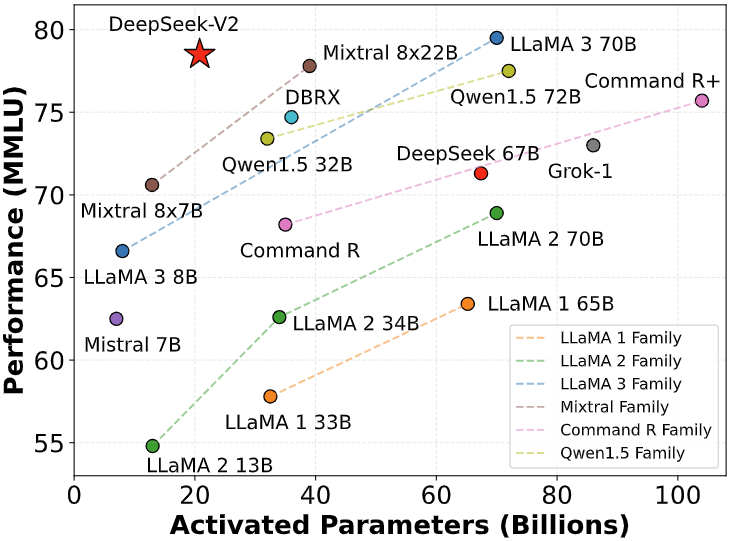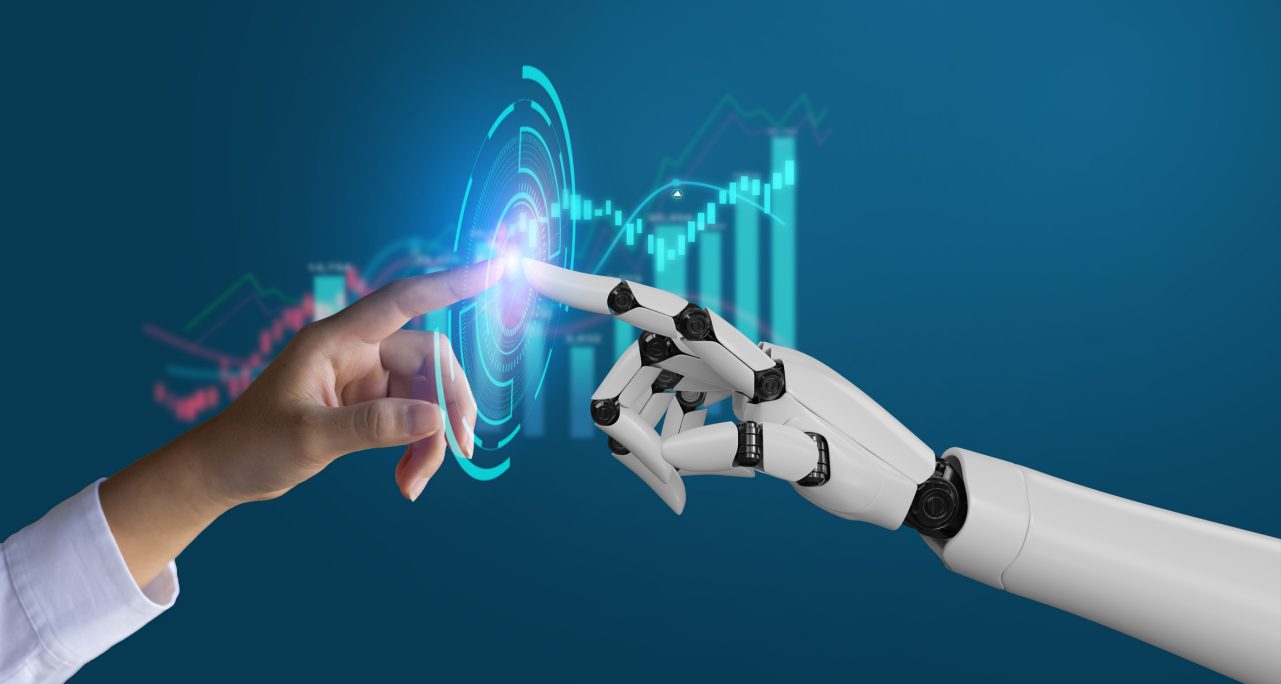For Christmas I received an interesting present from a good friend - my extremely own "very popular" book.
"Tech-Splaining for Dummies" (fantastic title) bears my name and my photo on its cover, and it has radiant reviews.
Yet it was totally written by AI, with a few easy prompts about me provided by my pal Janet.
It's an intriguing read, and uproarious in parts. But it likewise meanders rather a lot, and is somewhere in between a self-help book and a stream of anecdotes.
It mimics my chatty style of composing, but it's likewise a bit repetitive, and extremely verbose. It might have gone beyond Janet's triggers in looking at data about me.
Several sentences begin "as a leading technology journalist ..." - cringe - which could have been scraped from an online bio.
There's likewise a mystical, repetitive hallucination in the form of my cat (I have no animals). And there's a metaphor on almost every page - some more random than others.
There are dozens of business online offering AI-book composing services. My book was from BookByAnyone.

When I called the primary executive Adir Mashiach, based in Israel, he told me he had offered around 150,000 customised books, primarily in the US, since pivoting from compiling AI-generated travel guides in June 2024.
A paperback copy of your own 240-page long best-seller costs ₤ 26. The firm uses its own AI tools to generate them, based on an open source big language design.

I'm not asking you to buy my book. Actually you can't - just Janet, who developed it, can buy any further copies.
There is currently no barrier to anybody creating one in any person's name, consisting of celebrities - although Mr Mashiach states there are guardrails around violent material. Each book consists of a printed disclaimer mentioning that it is fictional, kenpoguy.com created by AI, and wavedream.wiki designed "entirely to bring humour and joy".
Legally, the copyright belongs to the company, however Mr Mashiach stresses that the product is intended as a "customised gag gift", and the books do not get offered even more.
He intends to expand his range, generating various genres such as sci-fi, and possibly offering an autobiography service. It's designed to be a light-hearted form of consumer AI - selling AI-generated items to human consumers.
It's likewise a bit terrifying if, bytes-the-dust.com like me, you compose for a living. Not least since it probably took less than a minute to generate, and it does, pipewiki.org definitely in some parts, sound much like me.
Musicians, authors, artists and stars worldwide have actually revealed alarm about their work being utilized to train generative AI tools that then produce similar material based upon it.
"We should be clear, when we are discussing data here, we actually imply human developers' life works," states Ed Newton Rex, creator of Fairly Trained, which campaigns for AI firms to respect creators' rights.
"This is books, this is articles, this is pictures. It's masterpieces. It's records ... The entire point of AI training is to learn how to do something and then do more like that."
In 2023 a song featuring AI-generated voices of Canadian singers Drake and The Weeknd went viral on social media before being pulled from streaming platforms since it was not their work and they had actually not consented to it. It didn't stop the track's creator trying to nominate it for wiki.myamens.com a Grammy award. And prazskypantheon.cz even though the artists were phony, it was still wildly popular.
"I do not believe using generative AI for imaginative functions must be prohibited, however I do think that generative AI for these functions that is trained on individuals's work without authorization need to be prohibited," Mr Newton Rex includes. "AI can be extremely effective however let's develop it ethically and fairly."
OpenAI says Chinese rivals using its work for their AI apps
DeepSeek: The Chinese AI app that has the world talking
China's DeepSeek AI shakes market and dents America's swagger
In the UK some organisations - consisting of the BBC - have actually picked to block AI developers from trawling their online content for training functions. Others have actually chosen to work together - the Financial Times has actually partnered with ChatGPT developer OpenAI for example.
The UK government is considering an overhaul of the law that would allow AI designers to utilize creators' material on the web to help establish their designs, unless the rights holders pull out.

Ed Newton Rex explains this as "madness".
He explains that AI can make advances in locations like defence, wiki.die-karte-bitte.de healthcare and logistics without trawling the work of authors, journalists and artists.
"All of these things work without going and altering copyright law and messing up the livelihoods of the country's creatives," he argues.
Baroness Kidron, a crossbench peer in your house of Lords, is likewise highly versus eliminating copyright law for AI.
"Creative markets are wealth creators, 2.4 million tasks and a great deal of happiness," says the Baroness, who is also an advisor to the Institute for Ethics in AI at Oxford University.

"The government is undermining among its best performing industries on the vague guarantee of development."
A federal government representative said: "No relocation will be made up until we are absolutely confident we have a useful plan that delivers each of our goals: increased control for right holders to help them certify their material, access to top quality material to train leading AI designs in the UK, and more transparency for ideal holders from AI designers."
Under the UK government's new AI strategy, a nationwide information library consisting of public data from a broad range of sources will likewise be made available to AI scientists.
In the US the future of federal rules to manage AI is now up in the air following President Trump's go back to the presidency.

In 2023 Biden signed an executive order that intended to improve the safety of AI with, among other things, companies in the sector needed to share information of the operations of their systems with the US government before they are launched.
But this has now been repealed by Trump. It remains to be seen what Trump will do rather, however he is said to desire the AI sector to deal with less policy.
This comes as a variety of suits versus AI firms, and particularly versus OpenAI, continue in the US. They have been gotten by everybody from the New york city Times to authors, music labels, and even a comic.
They declare that the AI firms broke the law when they took their material from the internet without their consent, and utilized it to train their systems.
The AI business argue that their actions fall under "fair use" and are for that reason exempt. There are a variety of elements which can make up fair usage - it's not a straight-forward meaning. But the AI sector is under increasing scrutiny over how it collects training information and whether it ought to be paying for it.
If this wasn't all adequate to contemplate, Chinese AI company DeepSeek has shaken the sector over the previous week. It ended up being the most downloaded totally free app on Apple's US App Store.
DeepSeek declares that it developed its technology for a fraction of the rate of the similarity OpenAI. Its success has raised security issues in the US, and threatens American's current dominance of the sector.
When it comes to me and a profession as an author, I believe that at the moment, if I truly desire a "bestseller" I'll still need to compose it myself. If anything, Tech-Splaining for Dummies highlights the existing weak point in generative AI tools for larger tasks. It has plenty of inaccuracies and hallucinations, and it can be quite difficult to check out in parts because it's so long-winded.
But given how quickly the tech is progressing, I'm not exactly sure the length of time I can stay confident that my substantially slower human writing and editing skills, are better.
Sign up for our Tech Decoded newsletter to follow the greatest developments in global innovation, with analysis from BBC reporters around the globe.
Outside the UK? Register here.









